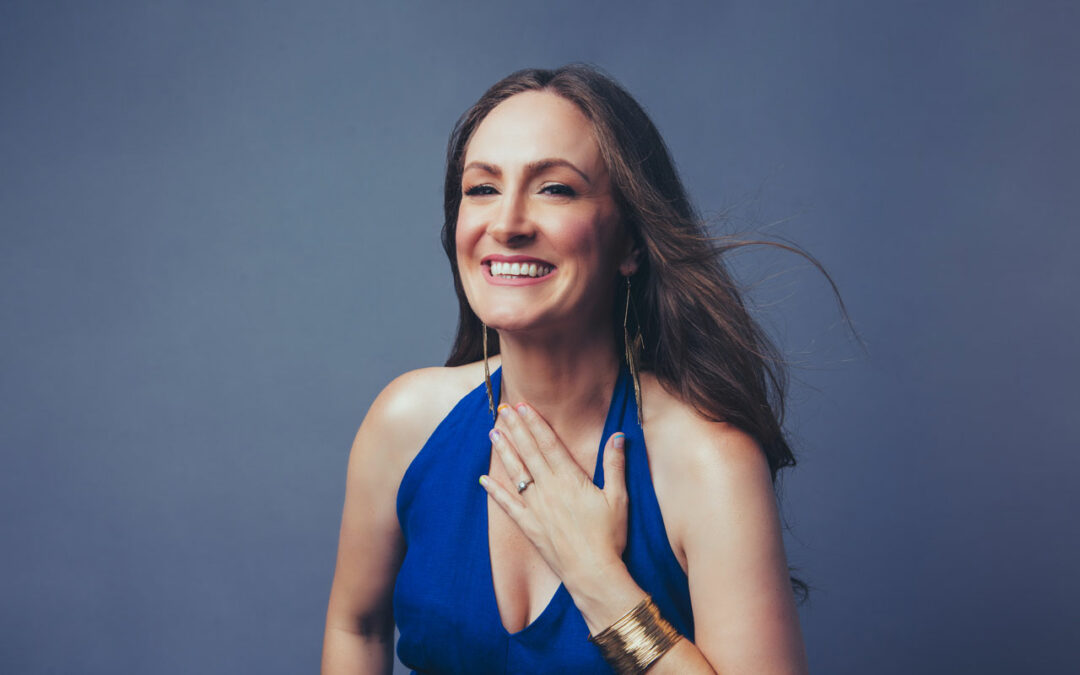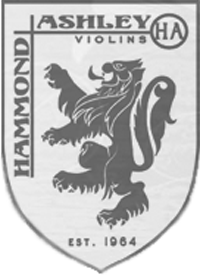Sara Gazarek photo by Lauren Desberg
BY HENRY COBA
Eastman School of Music has selected Sara Gazarek as associate professor of jazz voice within the Jazz and Contemporary Media department. Gazarek’s role will be to create, design, and recruit for the newly created vocal jazz program. Her goal is to cultivate a space where vocalists can see themselves across a table, develop meaningful human connections, and support her students’ journeys in discovering ones strengths and deficits, which will only better the overall experience for the artistic community.
A child of the Emerald City, Gazarek discovered early on that singing in public came naturally to her and her early academic years solidified that passion. Her senior year in Roosevelt High School’s renowned jazz program would find Gazarek the recipient of the “Best Vocal Soloist” award at the Essentially Ellington competition in New York. “That’s when I realized that this genre allowed you to see the human behind the music, instead of just some character in an onstage musical.”
Gazarek is in an exciting situation where Eastman, an internationally recognized music program, is open to a brand-new approach that aims to create a bridge between jazz instrumentalists and vocalists. It is a rare and unique opportunity in that Gazarek has room to build a fresh program that caters to the needs and wants of aspiring professional jazz vocalists.
Drawing on her solid background, including a 12-year tenure at the USC Thornton School of Music, two Grammy nominations, and performances and recordings with many internationally acclaimed artists, Gazarek offers a well-informed approach to music education that encourages musicians to relate healthily with one another and build meaningful and lasting relationships that will serve them in the professional world. Curiosity, openness, risk-taking, and kindness are integral to the collaborative and creative experience. There can be a sense of fear, doubt, and imposter syndrome that can arise in music school and should be addressed immediately.
Understanding these feelings all too well, Gazarek approaches her students with curiosity. “Are they embracing their reality or building a wall around themselves?” Instead of fitting into a mold, hiding, or projecting something that the musician is not, Gazarek encourages growth and celebration of one’s individuality.
Another dimension of Gazarek’s approach exists in challenging the value systems of higher education. Classical music has historically been taught and associated with pious themes, a patriarchal system, and a certain way of doing things. One must be ready to reckon with the disconnect in school regarding learning and immersing in jazz because its value systems don’t reflect those of classical music. The value systems of jazz include “social awareness, the Black American experience, humanity, and authenticity.” Gazarek hopes to welcome like-minded or open-minded students who reflect these values as well as those who are also mastering concepts of communication, musicianship, and their instrument because at the end of the day, the student should be casting a reflection of humankind in their practice of the art form. This cannot be done if upholding a single way to do it. There must be room for and celebration of wherever the artist is at in their life’s journey.
Over the next few months, Gazarek’s main priority will be researching and developing a course curriculum that will best benefit jazz vocalists. In the spring, auditions will occur.
Having loved her time in Los Angeles and the west coast, Gazarek is fearless in the face of challenges and change. In fact, the opportunity to move across the country where new faces and new potential musical collaborators await excites her!
A true educator, Gazarek offers words of advice to budding musicians: Wherever you are geographically, listen to a lot of live music; Listen to contemporary musicians as well as the tradition; Keep an ear to the ground for things you like as it helps you to grow, especially when you ask yourself why it is appealing.
Not particularly attached to the idea that you must be in New York or Los Angeles to grow as a musician or be a strong contributing voice to the music scene, Gazarek offers instead, “wherever people are, listen often as it helps inform the person you are becoming.” Wherever you are, seek out inspiration.





